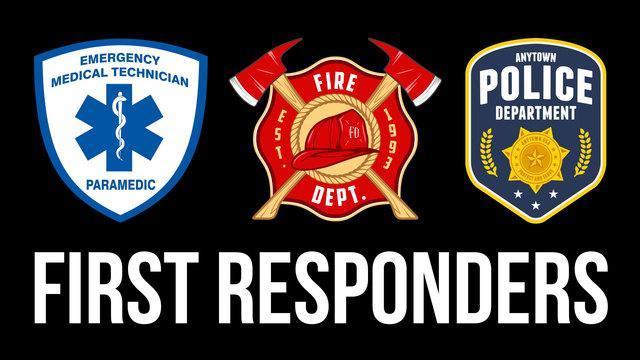First responders, such as police officers, firefighters, paramedics, and EMS, play a crucial role in our communities and society. They are often the first ones to respond to an emergency, providing care and support. However, the atmosphere that first responders experience while doing their job exposes them to high levels of stress, trauma, and possibly life-threatening situations; these can leave significant impacts on their mental health.
One of the most common challenges that first responders face is post-traumatic Stress Disorder also known as PTSD. Constant exposure to traumatic events, such as accidents, natural disasters, and violent crimes can lead to PTSD. PTSD is characterized by flashbacks, severe anxiety, and uncontrollable thoughts about the event. Studies have shown that first responders have a higher risk of developing PTSD compared to the general population.
Another significant issue that may arise over time in first responders is depression. The high-stress environment and the emotional toll of witnessing suffering and death can contribute to signs of depression. Those signs may show the feeling of hopelessness and sadness within the person. To add, the demanding nature of the job, long hours, and irregular shifts can disrupt sleep patterns can later lead to chronic fatigue and = mental health issues.
Substance abuse is another concern among first responders. Some may turn to alcohol or drugs as a coping mechanism to deal with the stress or trauma of their job. This can lead to a cycle of needing to depend on their desire. When dependency comes into play it will take a huge toll on the mental and physical health of the person.
It is essential to address these mental health challenges to ensure first responders are in good standing to keep themselves safe for the communities they are serving. Providing access to mental health resources, such as counseling and support groups can help them process their experiences and develop healthy coping strategies. Peer support programs are always a good choice, where first responders can share their experiences with others who may understand.
Furthermore, promoting mental health for first responders and talking about it openly may help reduce the tension about talking about it. Training first responders to recognize the signs of mental health problems in themselves and their colleagues can help make a difference.
Overall, the mental health of first responders is a critical issue that requires attention and action. By providing the care, support, and resources we can help these brave individuals maintain their mental health so they can continue to serve and protect our communities effectively.








